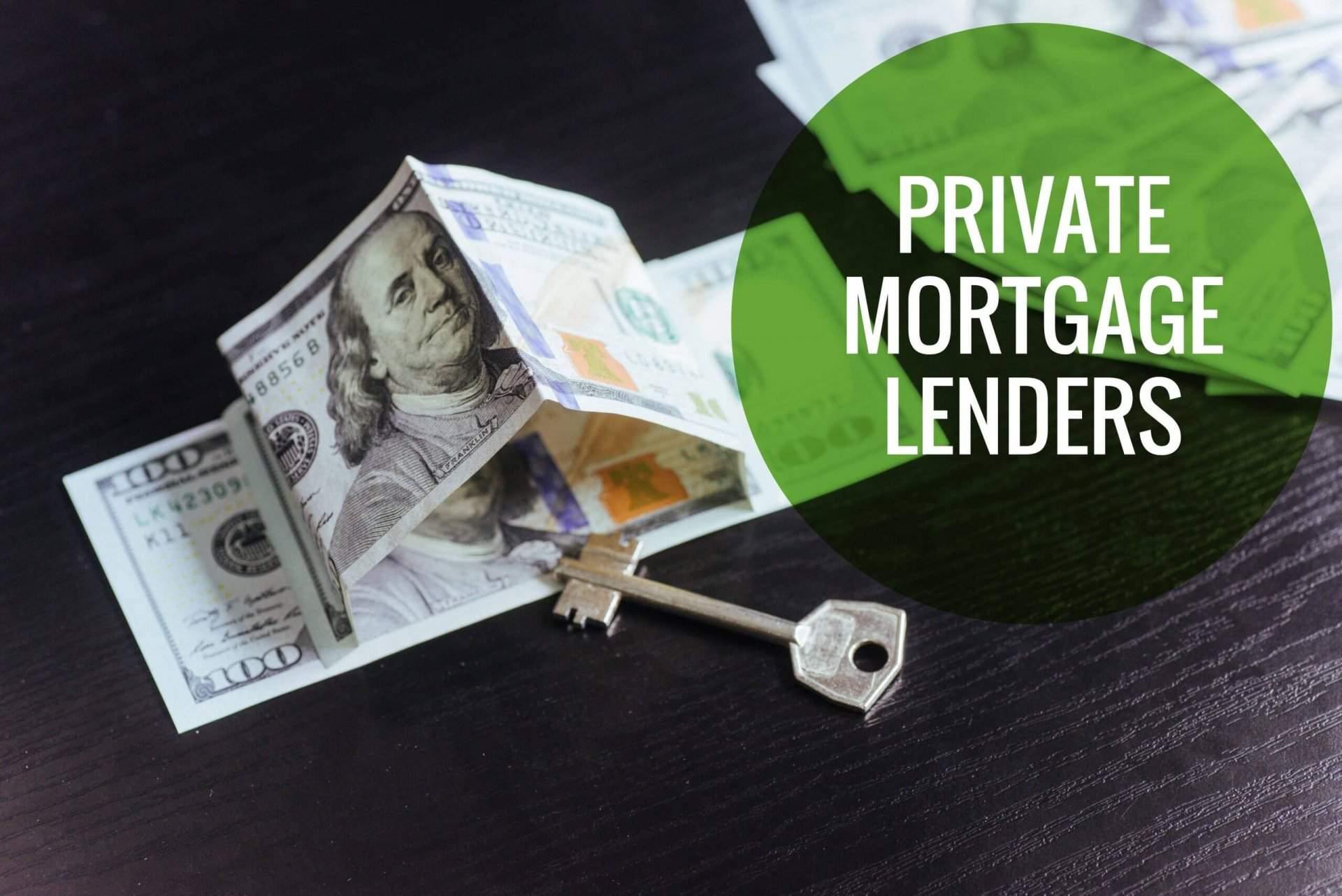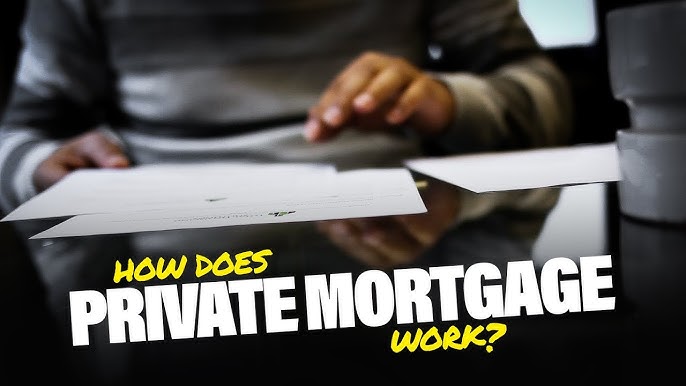What to prepare for during your first meeting with private mortgage lenders savannah ga
Everything About Mortgage Lending: Key Insights for Homebuyers and Investors
Mortgage lending is an intricate landscape, using various lending kinds customized to diverse consumer requirements. Understanding the subtleties of conventional, FHA, VA, and USDA lendings can greatly affect homebuyers and capitalists alike. Furthermore, credit report scores play an essential duty in protecting favorable rate of interest. As the home mortgage application process unravels, numerous essential variables come into play, affecting both authorization and terms. What are the necessary steps and approaches to navigate this complex procedure effectively?
Comprehending Different Kinds Of Mortgage Loans
Understanding the various kinds of mortgage loans is vital for potential homebuyers, as each option caters to different monetary circumstances and requirements. Conventional car loans, normally supplied by exclusive lending institutions, need a greater credit rating and frequently involve a deposit of at least 20%. Alternatively, FHA loans are government-backed and made for new customers, allowing lower debt ratings and smaller deposits. VA lendings, available to experts and energetic armed forces participants, supply desirable terms and no deposit need. Furthermore, USDA fundings support country homebuyers with reduced to moderate revenues, supplying zero deposit choices. Fixed-rate home mortgages preserve regular regular monthly payments over the loan term, while adjustable-rate home mortgages start with reduced rates that can rise and fall. By understanding these differences, buyers can make educated decisions customized to their financial scenarios and long-term goals. Choosing the ideal mortgage kind is a significant step in the home-buying procedure.
The Significance of Credit Rating in Home Loan Authorization
Credit rating play a vital duty in the mortgage approval process, functioning as a vital indicator of a debtor's creditworthiness. A greater credit rating can bring about more favorable rate of interest, considerably impacting the general price of a home mortgage. Understanding the basics of credit rating and discovering means to improve them can considerably profit possible buyers.

Credit Rating Fundamentals
A strong credit history score plays a necessary duty in the home mortgage authorization procedure, affecting loan providers' perceptions of a borrower's reliability. Credit history, typically varying from 300 to 850, mirror a person's creditworthiness based on their monetary background, consisting of repayment history, credit rating utilization, size of credit rating, kinds of credit rating accounts, and current queries. Lenders evaluate these ratings to assess the risk related to providing money. Usually, a higher credit rating indicates reduced risk, resulting in a smoother authorization procedure. Buyers and financiers ought to consistently examine their debt reports for mistakes and take steps to enhance their ratings, such as paying bills promptly and lowering superior debts. A solid credit report is an essential asset in protecting favorable home loan terms.
Effect On Interest Rates
Rates of interest on mortgages are significantly affected by the borrower's credit rating, which offers as a key indicator of monetary dependability. Lenders analyze credit history to review the threat associated with prolonging a loan. Private Mortgage Lenders Savannah GA. Higher credit report commonly result in lower rate of interest, as they recommend that debtors are more probable to settle their financial debts. Alternatively, reduced credit rating might bring about greater rates, showing the boosted danger viewed by loan providers. This partnership highlights the value of preserving a strong credit account for possible debtors. Comprehending just how credit rating ratings impact rate of interest can empower buyers and capitalists to make enlightened choices, potentially saving them significant amounts over the life of their home mortgage

Improving Your Credit Score
Homebuyers crazy about securing desirable home loan terms must identify the critical duty of credit history in the authorization procedure. A higher credit rating rating frequently leads to lower rate of interest, which can greatly reduce the total expense of a home mortgage. Lenders examine credit score ratings to gauge an applicant's economic reliability, influencing their choice to accept or deny a home loan application. To boost their scores, possible borrowers ought to concentrate on prompt bill payments, minimizing arrearages, and preventing brand-new debt inquiries. On a regular basis reviewing credit report records for mistakes can additionally help keep precision. By taking these actions, buyers can enhance their creditworthiness, eventually enhancing their opportunities of getting a mortgage with favorable conditions.
Key Elements Influencing Rates Of Interest
Exactly how do different economic elements form the landscape of home loan passion rates? Numerous key components play a vital role in figuring out these prices. The Federal Book's financial plan substantially affects rate of interest; when the Fed increases or reduces benchmark rates, home loan rates normally do the same. On top of that, rising cost of living trends affect the buying power of consumers, leading lenders to adjust prices as necessary. Economic growth indications, such as work prices and GDP development, also influence rate of interest rates; a robust economy often causes higher prices due to raised demand for lendings. Moreover, the bond market works as a vital benchmark; when bond returns rise, home loan rates have a tendency to raise also. Specific borrower aspects, consisting of credit history score and debt-to-income proportion, can affect the specific rate used. Recognizing these dynamics helps property buyers and capitalists make informed decisions in the home loan market
The Home Loan Application Process Clarified
What actions are involved in securing a home loan? The home loan application procedure begins with the customer event required paperwork, such as earnings declarations, tax obligation returns, and credit report helpful hints background. Next off, the consumer picks a lending institution and submits a formal application, giving all needed details. The lending institution after that performs a credit rating check and examines the debtor's monetary stability.Following this, the loan provider will perform an assessment of the residential or commercial property to determine its market worth. As soon as the building is assessed, the loan provider reviews the application, consisting of the debtor's financial history and the evaluation results, to choose whether to authorize or deny the lending. If accepted, the debtor receives a car loan estimate detailing the terms and costs connected with the mortgage.Finally, the debtor evaluations and indicators the closing records, formally securing the home loan. Comprehending this procedure is crucial for prospective property owners as they navigate the intricacies of mortgage loaning.
Tips for First-Time Homebuyers
First-time property buyers face a special set of difficulties when entering the realty market. Understanding the various kinds of home loans readily available and efficiently budgeting for their acquisition are essential steps in the homebuying trip - Private Mortgage Lenders Savannah GA. By outfitting themselves with this understanding, they can make informed decisions that align with their monetary objectives
Recognizing Mortgage Types
Navigating the globe of home mortgage kinds can be daunting for those getting in the real estate market for the first time. Comprehending the different alternatives is vital for newbie property buyers. Fixed-rate home loans offer predictable monthly repayments, making budgeting easier. On the other hand, adjustable-rate home mortgages (ARMs) usually start with lower rates that can change with time, which may be appealing but carries risks. Government-backed fundings, such as FHA and VA financings, provide added assistance for qualified customers, often requiring reduced deposits. In addition, new buyers might discover traditional fundings that follow details standards. Each home loan type has distinct benefits and downsides, so it is essential for novices to study completely and evaluate their long-term economic objectives before making a decision.
Budgeting for Your Purchase
When starting on the trip of homeownership, effective budgeting is vital for possible customers to ensure financial security throughout the process. First-time buyers ought to start by reviewing their earnings and expenditures, ensuring they allocate funds for a down settlement, closing prices, and moving expenditures. Establishing a regular monthly spending plan that consists of mortgage repayments, real estate tax, insurance coverage, and upkeep costs is crucial. Purchasers need to also consider potential changes in rate of interest and market conditions. Developing an emergency fund can supply a safety internet for unanticipated expenses. In addition, purchasers might gain from speaking with financial consultants or using on-line budgeting devices to acquire a more clear understanding of their economic circumstance. Cautious planning eventually causes notified decisions and an effective home acquisition.
Funding Options for Real Estate Investors
What funding alternatives are available to investor aiming to increase their profiles? more information Investors can explore several avenues. Typical mortgages remain a popular choice, usually needing a larger down repayment and great debt. Financiers might take into consideration hard money fundings, which are temporary loans safeguarded by genuine estate, providing fast accessibility to capital yet at higher interest rates.Another alternative is exclusive funding, where investors can obtain from pals or family, usually with more flexible terms. For those looking for to finance numerous properties, portfolio car loans might be ideal, allowing several homes to be packed under one mortgage.Additionally, realty crowdfunding systems have actually emerged, making it possible for capitalists to pool sources with others for building investments. Leveraging equity in existing residential or commercial properties find out with cash-out refinancing can offer funds for brand-new investments. Each option has its benefits and dangers, calling for careful consideration based on private capitalist objectives.
Frequently Asked Inquiries
What Are the Typical Closing Costs Related To a Home mortgage?
Closing prices commonly consist of evaluation costs, title insurance policy, lawyer costs, and source costs. These expenses usually range from 2% to 5% of the finance quantity, influencing the total economic dedication for the customer.
Just how Lengthy Does It Require To Shut on a Home loan?
The period to close on a home loan usually ranges from 30 to 45 days, depending upon numerous factors, consisting of lender performance, documents efficiency, and market conditions, which can considerably influence the overall timeline.

Can I Re-finance My Home Loan Later?
Yes, refinancing a home mortgage later on is possible. Homeowners often seek re-financing to protect reduced interest prices, decrease monthly settlements, or gain access to home equity. However, they need to take into consideration connected fees and their economic circumstance prior to continuing.

What Takes place if I Miss a Mortgage Repayment?
If a mortgage settlement is missed, the consumer may deal with late costs, potential damage to their credit rating, and possible foreclosure process. Lenders generally provide poise durations, but constant missed out on settlements can lead to severe effects.
Are There Penalties for Settling My Home Mortgage Early?
Many loan providers enforce prepayment penalties for early home loan benefit, possibly setting you back borrowers extra fees. Terms differ significantly amongst lending institutions, so it is crucial for consumers to review their mortgage arrangements prior to making very early repayments.